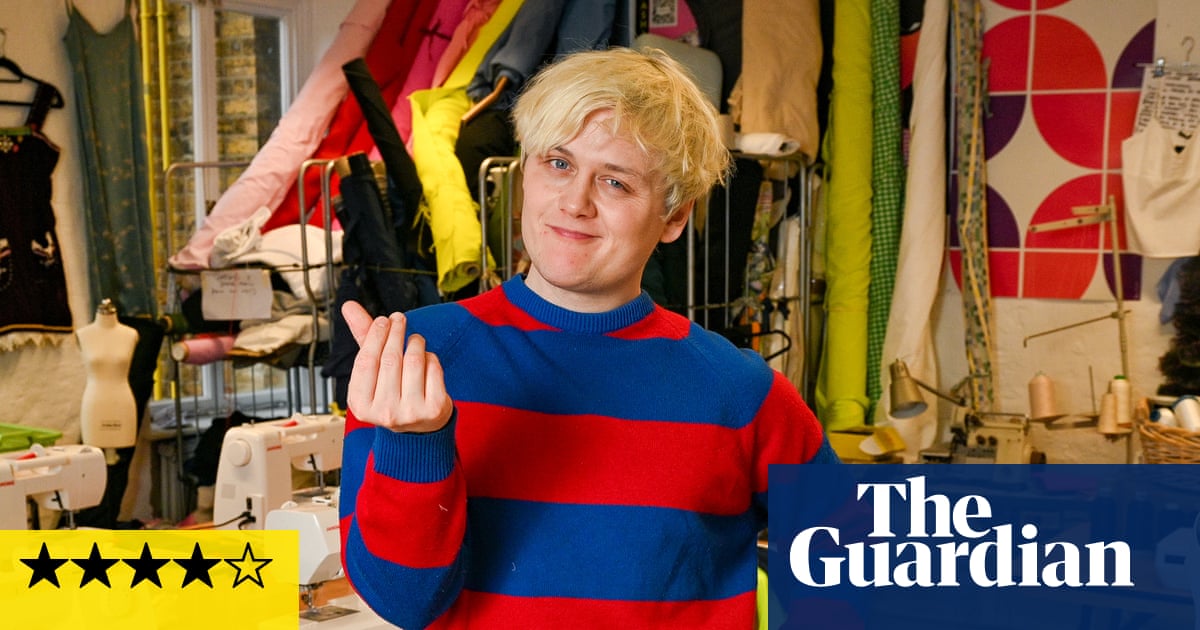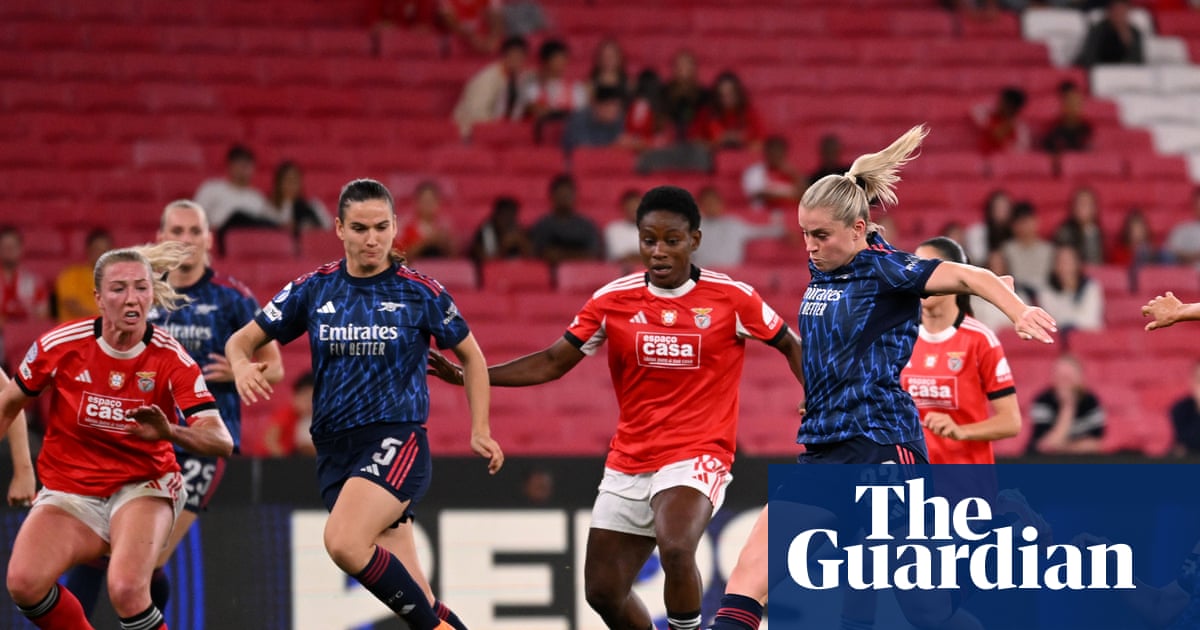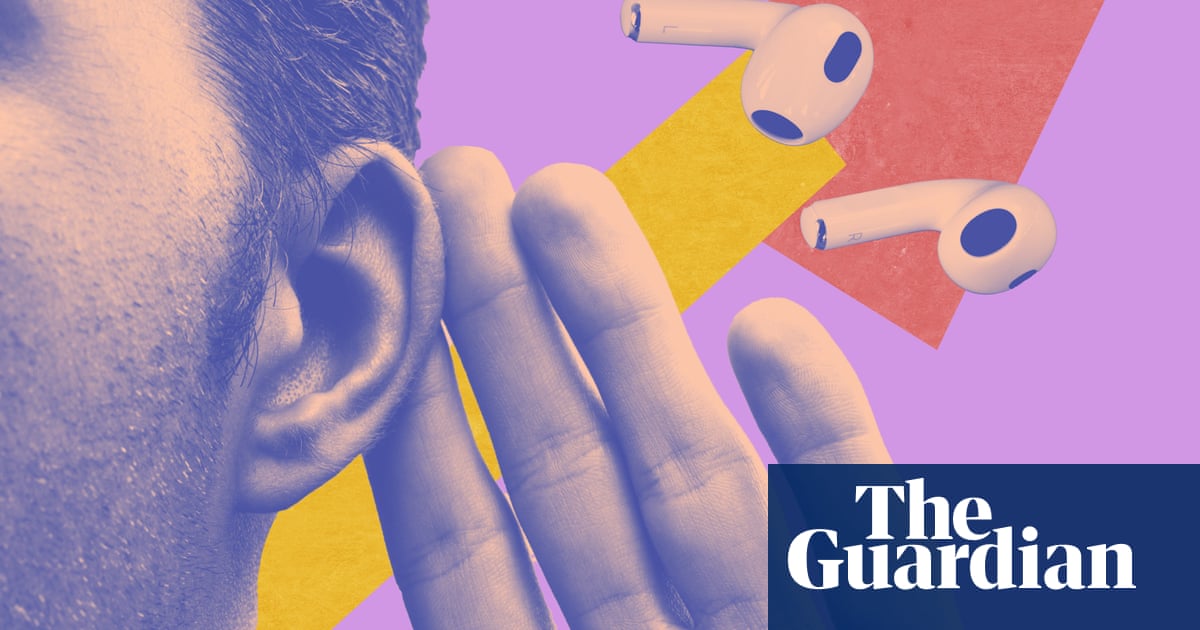I am a woman who has been fat since I was about eight; I am now in my early 50s. I have been on Ozempic for almost two years. I have lost almost 50 kilos and can now do a whole lot of things that I wasn’t physically able to do before, which is great. But people treat me differently now. I had my work review and I am doing less but got feedback about how much more I am doing. I have been asked if I am looking to date, and even if I am thinking of having a child, both questions I never was asked when I was bigger. I didn’t think people treated me badly before, and still don’t, but now I am seeing that there is a difference. It is not comfortable for me. I am not at risk of putting the weight back on but how do I navigate the difference in how people are treating me?
Eleanor says: A lot of people notice this after losing lots of weight. You get spoken to in a different key. People turn on a switch you didn’t know they had. For some people this feels great. For others it’s unnerving: to feel so newly visible and yet somehow so unseen.
The trouble is, you know you’ve been the same you all along. So when people hand over their attraction or attention or approval now that you’ve lost weight, they simultaneously undermine its value. Oh great, I have more of your esteem – just because of how I look?
It’s easy to resent being treated better because of what you weigh. We don’t want to feel like the deep things in life – being wanted, being respected – are tied to something so superficial. We want to be loved and respected for the deeper “us”. One of the most moving pieces of radio I ever heard was Elna Baker, a producer at This American Life who also lost 50 kilos, asking her fiance whether he’d have dated her when she was fat. He says he’s always thought the real Elna is the “skinny” Elna. “That’s stupid,” she said. There is no “fat Elna”. “It was me,” she said. “It just, was me.”
In navigating this, one place to start might be to notice who has treated you the same all along. You’ll know who they are. If the bitter part of this experience is learning how much people react to how you look, the sweeter part is learning who reacts to you for you – who’s seen the deeper you all along.
Another way to approach this might be to slightly shift what you expect, or hope for, from strangers or colleagues. You mentioned the way work thinks you’re more industrious now. Other silly aesthetic signals can produce similar results. If you were a man, a hair transplant might get you seen as more confident, a crisper suit as more effective. At work or with strangers we’re interpreted through layers of appearance; people read clues about our merits from our clothes, accent, posture, hair. Maybe “weight” is part of the costuming we all wear in those spaces and through which we are interpreted. It can be frustrating or bemusing to learn how much these things affect people’s judgments. But maybe workplaces and strangers are not where any of us get clear-eyed reactions to our merits unmuddied by appearances. Leaning into the parts of your life that aren’t filtered through appearance might make it easier to tolerate the parts that are.
Lastly, it might be fun to enjoy your new X-ray vision. Your experience lets you see through the myth that a person’s weight is a good guide to their character. Are there other myths you can see through now, too? I think we all do this a bit. We assume old means slow, dishevelled means chaotic, beautiful means virtuous. But lots of people have their version of “no fat Elna”. What would we see in other people if we looked the way we want to be looked at? It could be fun to experiment.

 3 months ago
53
3 months ago
53

















































